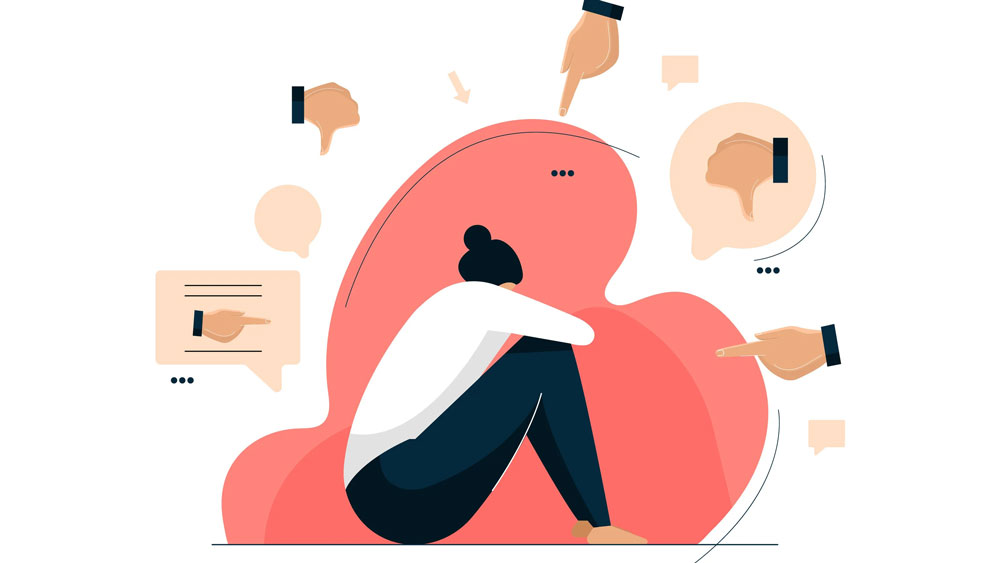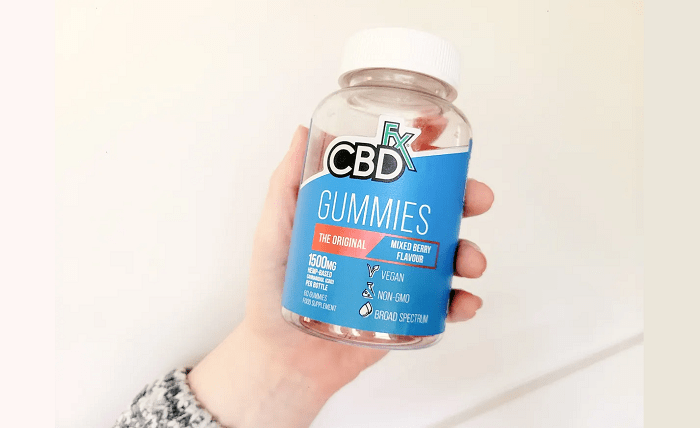How Does Social Media Affect Mental Health

In today's interconnected world, social media has become an integral part of our daily lives. From reconnecting with old friends to sharing life's moments, it offers a platform for expression and connection. However, beneath its glossy surface lies a complex landscape that can significantly impact our mental well-being.
The Illusion of Comparison
One of the most profound effects of social media is the pervasive culture of comparison it fosters. Scrolling through curated feeds can often trigger feelings of inadequacy and low self-esteem. We find ourselves comparing our lives to the seemingly perfect ones depicted online, forgetting that these snapshots don't encapsulate reality.
FOMO and Its Toll
Fear of Missing Out (FOMO) is another emotional strain amplified by social media. The constant stream of updates on gatherings, achievements, and experiences can leave us feeling left out or less accomplished, despite the reality of our own fulfilling lives.
The Mental Health Impact
Studies indicate a correlation between heavy social media usage and increased rates of anxiety, depression, and loneliness. The pressure to present an idealized version of ourselves online can lead to emotional distress and a sense of isolation.
Striking a Balance
However, it's not all doom and gloom. Social media, when used mindfully, can foster connections and support networks. Being aware of our consumption habits and taking breaks from the virtual realm can significantly improve mental well-being.
Navigating the Digital Landscape
Prioritizing real-life interactions, setting boundaries for social media use, and engaging in activities that promote self-care are crucial steps in safeguarding our mental health amidst the digital noise.
In conclusion, social media is a powerful tool that, when wielded consciously, can enrich our lives. Understanding its impact on mental health empowers us to navigate this virtual landscape more responsibly, fostering a healthier relationship with both technology and ourselves.




